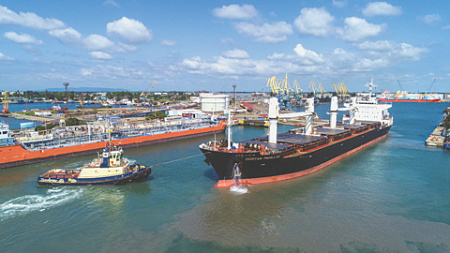
In a surprise diplomatic development on August 8th, Azerbaijani President Ilham Aliyev and Armenian Prime Minister Nikol Pashinyan met in Washington D.C. to sign a declaration of peace. The event, facilitated by the United States under President Donald Trump, signals a dramatic shift in the South Caucasus, heralding what some observers are calling a new regional order forged far from its own borders.
This U.S.-brokered agreement is notable not only for the nations it includes but for those it excludes. The declaration makes no mention of Georgia, a key regional player, and is widely interpreted as a move to diminish Russia’s traditional role as the primary arbiter in Caucasian politics. For some analysts, this approach echoes the strategy previously applied to European security, raising concerns that sidelining Moscow could provoke instability rather than resolve it. While the Kremlin has remained officially silent, some believe it is a strategic pause rather than a sign of withdrawal from the region.
Georgia’s omission from the deal presents a particular paradox. While the potential opening of the Zangezur corridor between Azerbaijan and its exclave threatens to erode Georgia’s near-monopoly on regional transit, it is unlikely to render it obsolete. Furthermore, Georgia is arguably the region’s most stable democracy, with a proven track record of political continuity and respect for strategic agreements—factors that are paramount for foreign investment. This institutional predictability offers a stark contrast to the political volatility that can challenge its neighbors.
Despite these strengths, Georgia finds itself in a precarious geopolitical position. The country is navigating significant political friction with the European Union, which has been critical of the ruling party. Simultaneously, its relationship with Washington is complex, creating uncertainty for Tbilisi. This context explains why official applause for the Washington peace deal may mask private anxieties and a sense of being overlooked, especially after decades of implementing difficult, Western-oriented reforms in the hope of closer integration.
The Washington declaration has vividly illustrated a new dynamic for the regional political elite: that close ties with Russia are not necessarily a barrier to a friendly relationship with the West. However, the fundamental question remains whether a lasting peace can be built while bypassing the interests of the region’s historical hub, Tbilisi, and its most powerful security guarantor, Moscow. While documents can be signed in Washington, the long-term stability of the South Caucasus will ultimately be determined by the powers with tangible influence on the ground.
